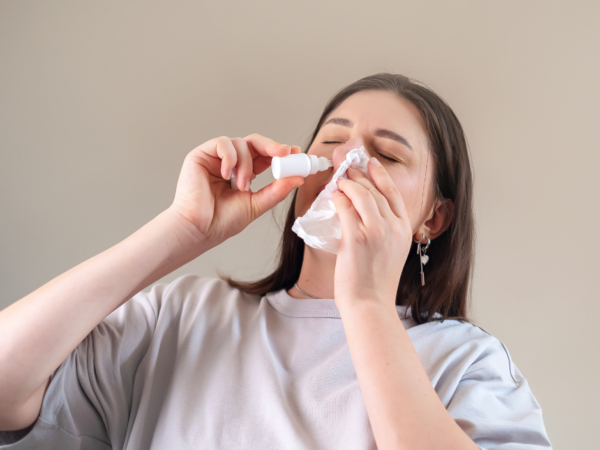In a world where Alzheimer’s continues to silently steal memories, identities, and lives—especially among women—there’s urgent hope emerging from within the cells of the brain itself. Omega-3 fatty acids may be more than just a supplement; they may be a powerful line of defense.
Alzheimer’s disease is no longer a condition we can afford to ignore or postpone thinking about. It’s not just about old age. It’s about quality of life, generational memory, and preserving the emotional connections that define us. Today, two out of every three Alzheimer’s patients are women, and the reasons go far beyond aging.
Recent research is now pointing to omega-3 fatty acids—particularly DHA (docosahexaenoic acid)—as a potentially powerful ally in the fight against this devastating disease, and the implications for women’s health are urgent and deeply personal.
Why Women Are More at Risk
Women live longer, yes—but there’s more to it. Hormonal changes during menopause, changes in brain metabolism, and genetic susceptibility (such as carrying the APOE4 gene) all play a role. The result? A uniquely female vulnerability to Alzheimer’s—one that we must address with both urgency and care.
The Science Behind Omega-3 and Brain Health
Omega-3 fatty acids are not just another health trend—they are critical components of the brain’s structure and function. DHA, in particular, makes up a significant portion of the brain’s gray matter and cell membranes. Without enough of it, brain cells become more vulnerable to inflammation, oxidation, and ultimately, cognitive decline.
Multiple studies have now demonstrated that women with higher blood levels of omega-3 fatty acids show better cognitive performance and reduced brain shrinkage—even those genetically predisposed to Alzheimer’s. In some cases, the brain scans of these women show physical differences: thicker cortices, improved hippocampal function, and lower signs of amyloid plaque accumulation.
Act Now, Not Later: Prevention Begins Today
Alzheimer’s doesn’t wait. It develops silently for years, even decades, before symptoms appear. That’s why prevention is not optional—it’s essential. And the time to act is now.
Start by including omega-3-rich foods in your daily routine:
-
Fatty fish like salmon, sardines, and mackerel
-
Chia seeds and flaxseeds
-
Walnuts
-
Omega-3 fortified eggs or plant-based oils (like algae oil)
If your diet can’t provide sufficient omega-3s, high-quality omega-3 supplements (especially those rich in DHA) can help bridge the gap. But always consult your healthcare provider before starting any supplement regimen, especially if you have existing medical conditions.
Beyond Diet: A Call for Awareness, Advocacy, and Action
This is not just about nutrition. This is about taking charge of our future, our mothers’ future, our daughters’ future. Alzheimer’s is more than a medical crisis—it is a family crisis, an economic crisis, and a societal one.
Women deserve research that focuses on their unique physiology. They deserve preventative care tailored to their risks. And they deserve to be empowered with information and choices.
If you are a woman, or you love a woman—start the conversation today. Talk to your doctor. Encourage a brain-healthy lifestyle. Advocate for more female-centered research. Share this knowledge.
Don’t Wait for the Diagnosis. Start Building the Defense.
The cost of doing nothing is far too great. Every memory matters. Every connection counts. Every woman deserves the chance to age with clarity, dignity, and identity intact.
Omega-3 fatty acids may not be the cure, but they may be the protection your brain desperately needs. Make the choice today. For yourself. For the women you love. For the future.



